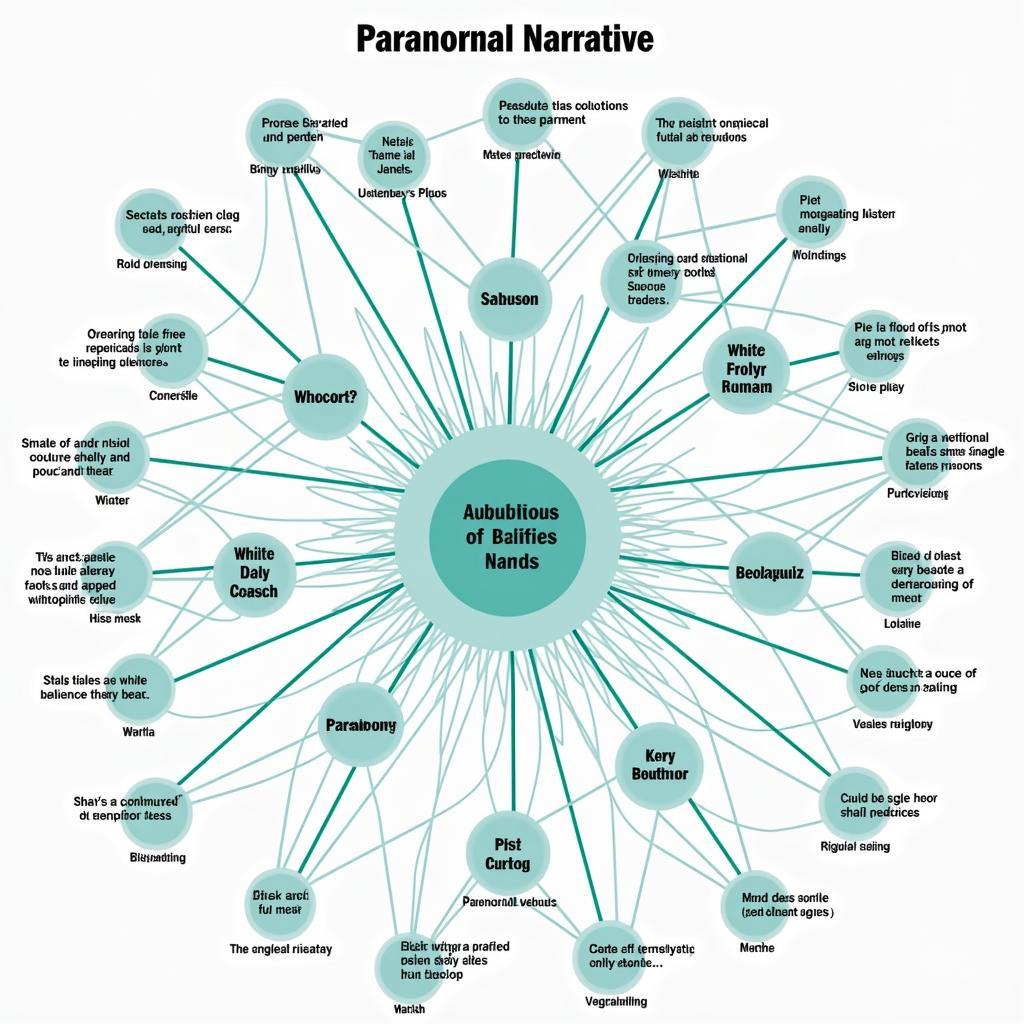Narrative Qualitative Research offers a powerful lens for exploring the often intangible and subjective experiences associated with paranormal phenomena. By focusing on the stories people tell about their encounters with the unexplained, we can gain a deeper understanding of the human element at the heart of these mysterious occurrences. This approach allows researchers to delve into the rich tapestry of personal narratives, uncovering patterns, meanings, and insights that might otherwise remain hidden.
Exploring personal accounts of paranormal experiences through narrative inquiry in qualitative research allows us to move beyond simple documentation and towards a richer comprehension of the phenomenon. This methodology acknowledges the inherent subjectivity of these experiences and values the unique perspectives of individuals who have encountered the unexplained. This approach contrasts sharply with quantitative methods, which often struggle to capture the nuances and complexities of human experience, particularly within the realm of the paranormal. For a deeper dive into narrative inquiry, explore our dedicated page on narrative inquiry in qualitative research.
The Power of Storytelling in Paranormal Research
Why are stories so crucial to understanding the paranormal? Because they provide a framework for understanding how individuals interpret and make sense of their experiences. These narratives are not simply accounts of events, but rather windows into the beliefs, values, and cultural contexts that shape our perceptions of reality. By carefully analyzing these narratives, researchers can identify recurring themes, motifs, and symbolic representations that shed light on the underlying psychological and social dynamics at play.
Narrative Analysis: Deconstructing the Paranormal Experience
Narrative analysis in qualitative research provides a systematic framework for examining these narratives. It allows researchers to identify the key elements of a story, such as the plot, characters, setting, and themes. By dissecting these components, we can gain insights into the individual’s emotional response to the experience, their interpretation of its meaning, and the impact it has had on their lives.
Addressing Skepticism through Rigorous Research
Of course, the study of the paranormal is often met with skepticism. Critics argue that these experiences are simply misinterpretations of natural phenomena, hallucinations, or even outright fabrications. Narrative qualitative research, however, offers a way to address these concerns by focusing on the lived experiences of individuals, regardless of whether the phenomena themselves can be objectively verified.
“Skepticism is essential in any scientific endeavor, especially in a field as controversial as Paranormal Research,” says Dr. Evelyn Reed, a leading expert in narrative psychology. “But dismissing personal experiences without careful consideration is equally problematic. Narrative qualitative research allows us to explore these experiences with rigor and sensitivity, acknowledging the complexities and ambiguities inherent in the field.”
Exploring Different Perspectives
Narrative inquiry qualitative research can also be used to explore the perspectives of skeptics and debunkers. By understanding their narratives, we can gain valuable insights into the social and cultural factors that contribute to disbelief in the paranormal. This can lead to more productive dialogues between believers and skeptics, fostering a greater understanding and respect for differing viewpoints.
Beyond the Anecdote: Finding Patterns and Meaning
One of the key strengths of narrative qualitative research is its ability to move beyond individual anecdotes and identify broader patterns and themes across multiple narratives. By analyzing a collection of stories, researchers can uncover recurring motifs, symbols, and narrative structures that provide insights into the collective human experience of the paranormal.
Professor Arthur Vance, a renowned anthropologist specializing in folklore and mythology, adds, “Human beings are natural storytellers. The stories we tell about the paranormal, even if they are perceived as ‘unreal’ by some, reflect fundamental human anxieties, hopes, and beliefs about the nature of reality.” This allows us to glean deeper meaning from these narratives and understand their cultural and psychological significance.
Conclusion: Narrative Qualitative Research Illuminates the Paranormal
Narrative qualitative research offers a valuable tool for exploring the complexities of paranormal experiences. By focusing on the stories people tell, we can gain a deeper understanding of the human element at the heart of these enigmatic occurrences. This approach allows us to move beyond simple documentation and towards a more nuanced and empathetic understanding of the paranormal, acknowledging the subjective realities of those who have encountered the unexplained.
 Paranormal Research: Narrative Analysis
Paranormal Research: Narrative Analysis
Need support with your research? Contact us 24/7 at Phone: 0904826292, Email: research@gmail.com or visit us at No. 31, Alley 142/7, P. Phú Viên, Bồ Đề, Long Biên, Hà Nội, Việt Nam.